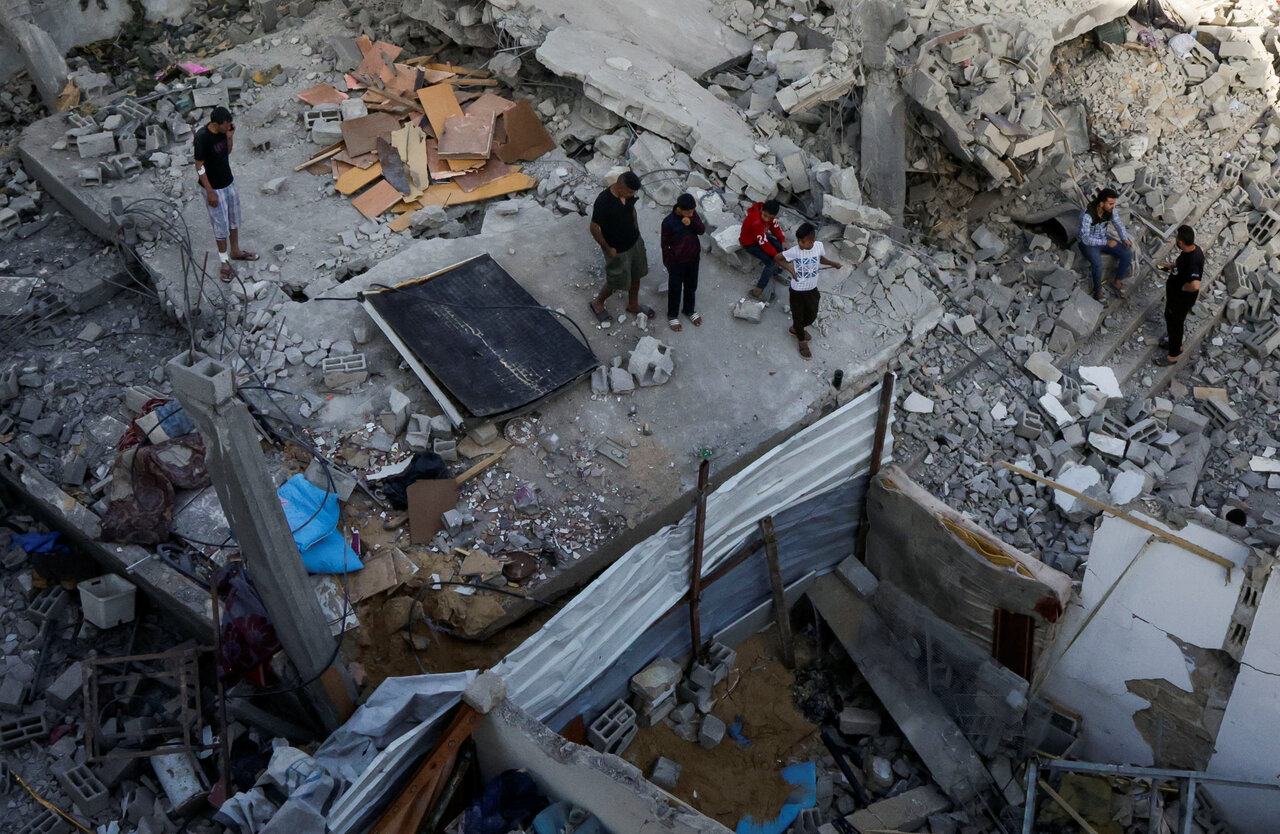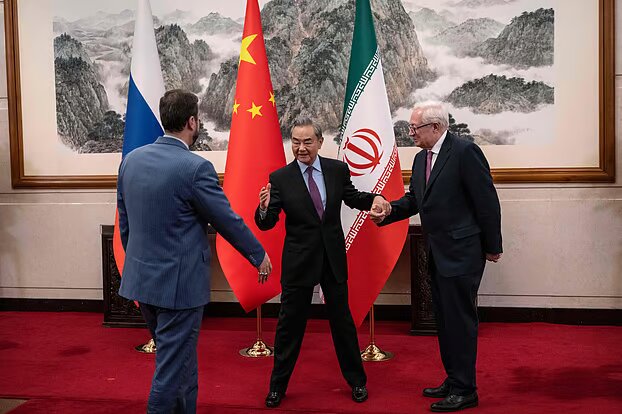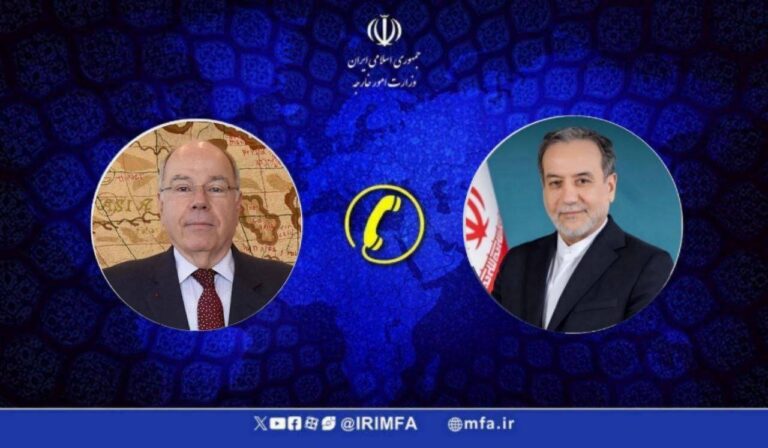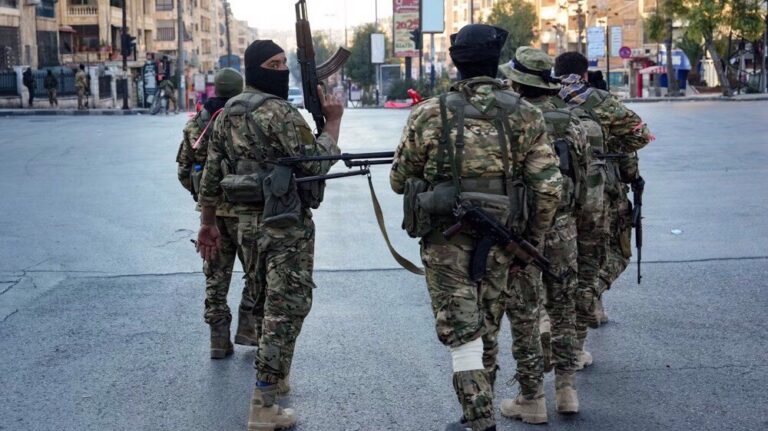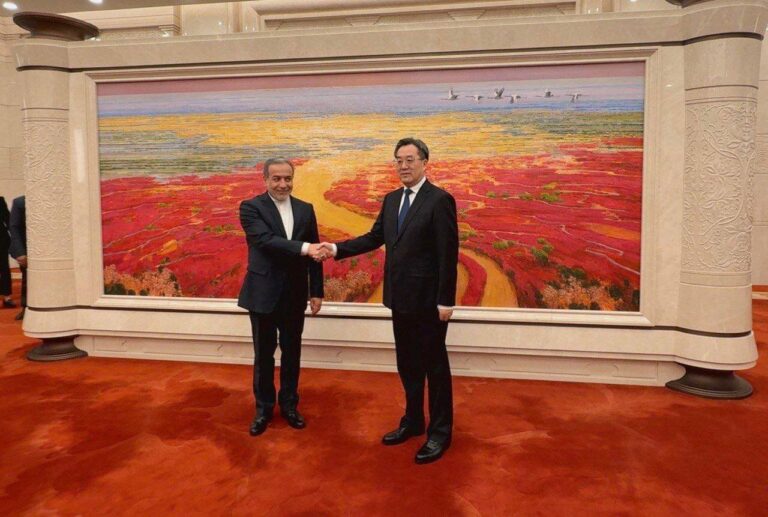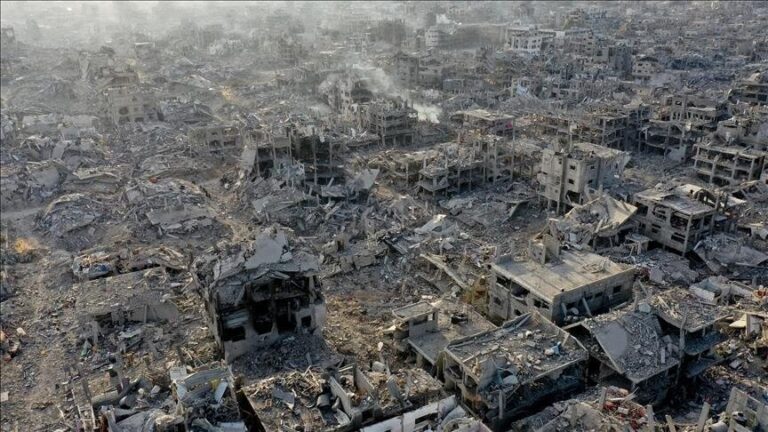Israel Considers Full Control of Gaza in Major Military Operation, Say Officials
In a significant development, Israel is preparing for an expanded offensive against Hamas in the Gaza Strip. This decision, approved by Prime Minister Benjamin Netanyahu’s security cabinet, has raised concerns about the future of the region and the humanitarian implications of such actions.
According to a Reuters report, a senior Israeli military official indicated that this offensive will not commence until after U.S. President Donald Trump’s visit to the Middle East next week. This delay suggests strategic considerations as Israel navigates complex international relations during a time of heightened tension.
The recent decision comes after protracted negotiations for a ceasefire with Hamas have faltered. It highlights the ongoing threat of a prolonged conflict, which has been exacerbated by mounting international pressure on Israel and a decline in public support domestically. As the situation evolves, the potential for escalating violence and instability looms large.
A government spokesperson revealed that the Israeli Defense Forces (IDF) are calling up reserve soldiers to bolster operations in Gaza. However, they emphasized that these efforts are not aimed at occupying the territory but rather at intensifying military actions against Hamas.
Currently, Israeli troops have already established control over approximately one-third of the Gaza Strip. This military presence has resulted in the displacement of local populations and the construction of watchtowers and surveillance posts in areas deemed security zones by the military. The newly proposed plan, however, indicates a move towards more extensive military involvement in the region.
As the situation unfolds, several key points emerge regarding Israel’s military strategy and its implications for the Gaza Strip:
- Expansion of Military Operations: The Israeli military is preparing to expand its operations significantly, indicating a shift in tactics and objectives in the region.
- Impact on Civilians: The ongoing conflict has already led to the displacement of thousands of residents, raising humanitarian concerns about the welfare of those affected.
- International Reactions: The international community is closely monitoring Israel’s actions, with many calling for restraint and a renewed focus on diplomatic solutions.
- Domestic Pressure: Amid dwindling public support for the military campaign, the Israeli government faces increasing pressure to find a resolution to the conflict.
The potential for an Israeli ground offensive raises questions about the future of the Gaza Strip and the broader implications for regional stability. As military preparations intensify, the eyes of the world remain fixed on Israel’s next moves and their impact on civilians caught in the crossfire.
In conclusion, the Israeli government’s decision to expand military operations against Hamas is a pivotal moment in the ongoing conflict. The situation remains fluid, and the consequences of these actions will likely reverberate far beyond the borders of the Gaza Strip. As the international community calls for peace and stability, the urgency for a comprehensive solution to the crisis has never been more critical.
